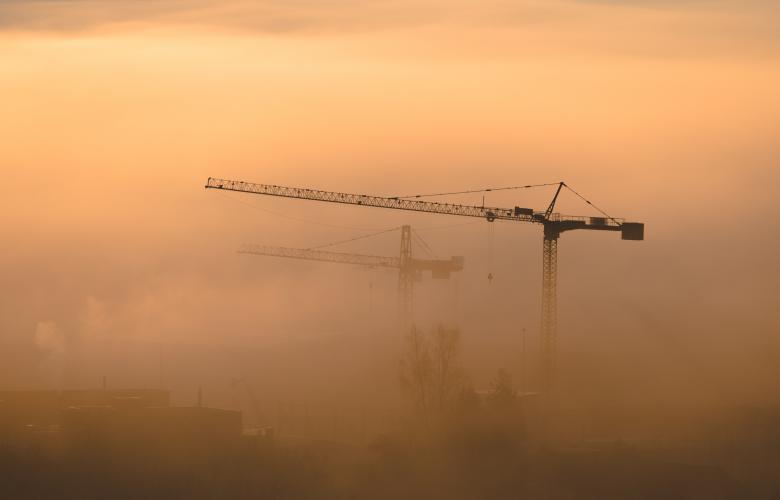Yangon government invites investment in 80 priority projects included in the Yangon Project Bank
Contact
Yangon government invites investment in 80 priority projects included in the Yangon Project Bank
The projects are spread across multiple sectors including real estate (residential and commercial), industrial zones, roads, ports, and other urban infrastructure developments such as markets and parks.
Over the past years, Yangon has witnessed exertions and declarations from the Government regarding its vision of developing the area as a competitive region that is well-connected domestically and globally through enhanced transport networks.
To support this vision, the Government unveiled the region’s official project bank earlier this year.
It consists of 80 priority projects that are spread across multiple sectors including real estate (residential and commercial), industrial zones, roads, ports, and other urban infrastructure developments such as markets and parks.
Colliers International welcomes this initiative from the Government as one of the most important requirements for a positive economic trajectory is improved infrastructure.
"Although some of these projects have either selected master developers or received licenses and permits due to interest from investors, the majority of them are still under either planning stage or tender process," according to Colliers.
"Without the considerable investment from the government, development finance institutions, and the private sector, we believe that the growing “infrastructure gap” – a term coined by Baker Mckenzie – will put further strain, not just on the growth of the region, but also on that of Myanmar’s overall economy."
The Yangon Region Government this week has reportedly invited investments in projects included in the Yangon Project Bank's pool of 80 priority projects located in the region.
Source: Colliers International, The Myanmar Times,
Similar to this:
Interim census planned for November this year - to review growing social and economic affairs
“Frontier Market: Enhancing Property Values” event held by Colliers International Myanmar
Magwe region received K1.5 billion in investments between Oct 2018 and April 2019







